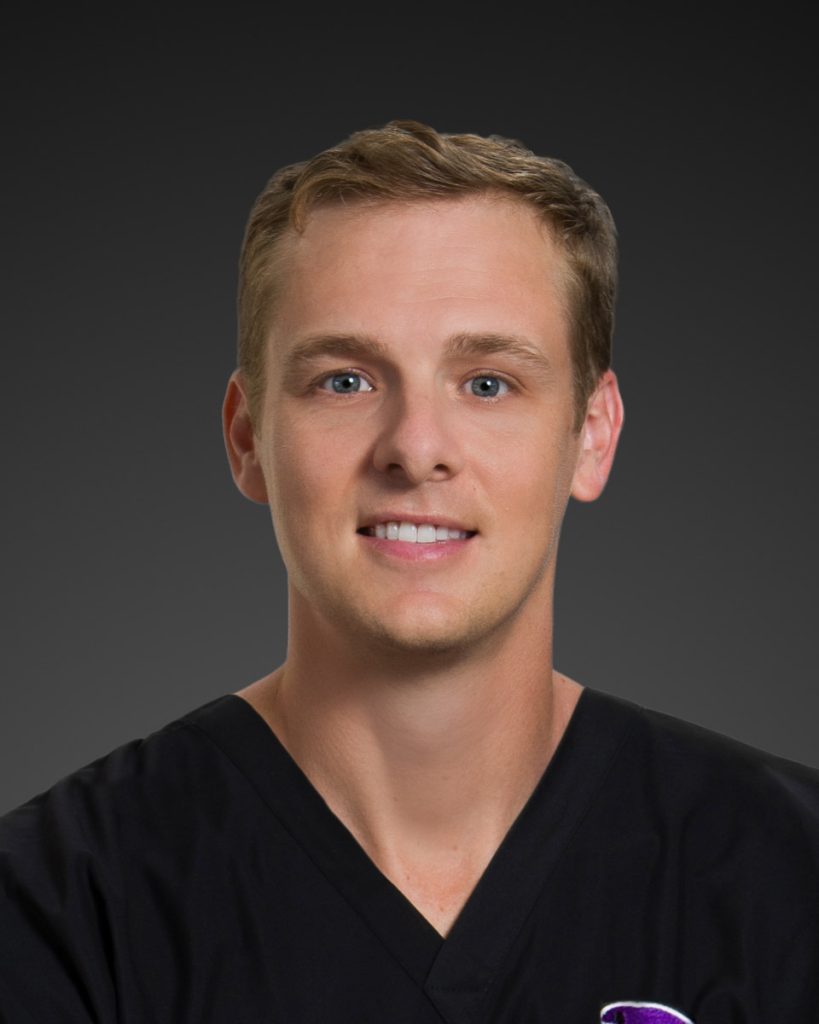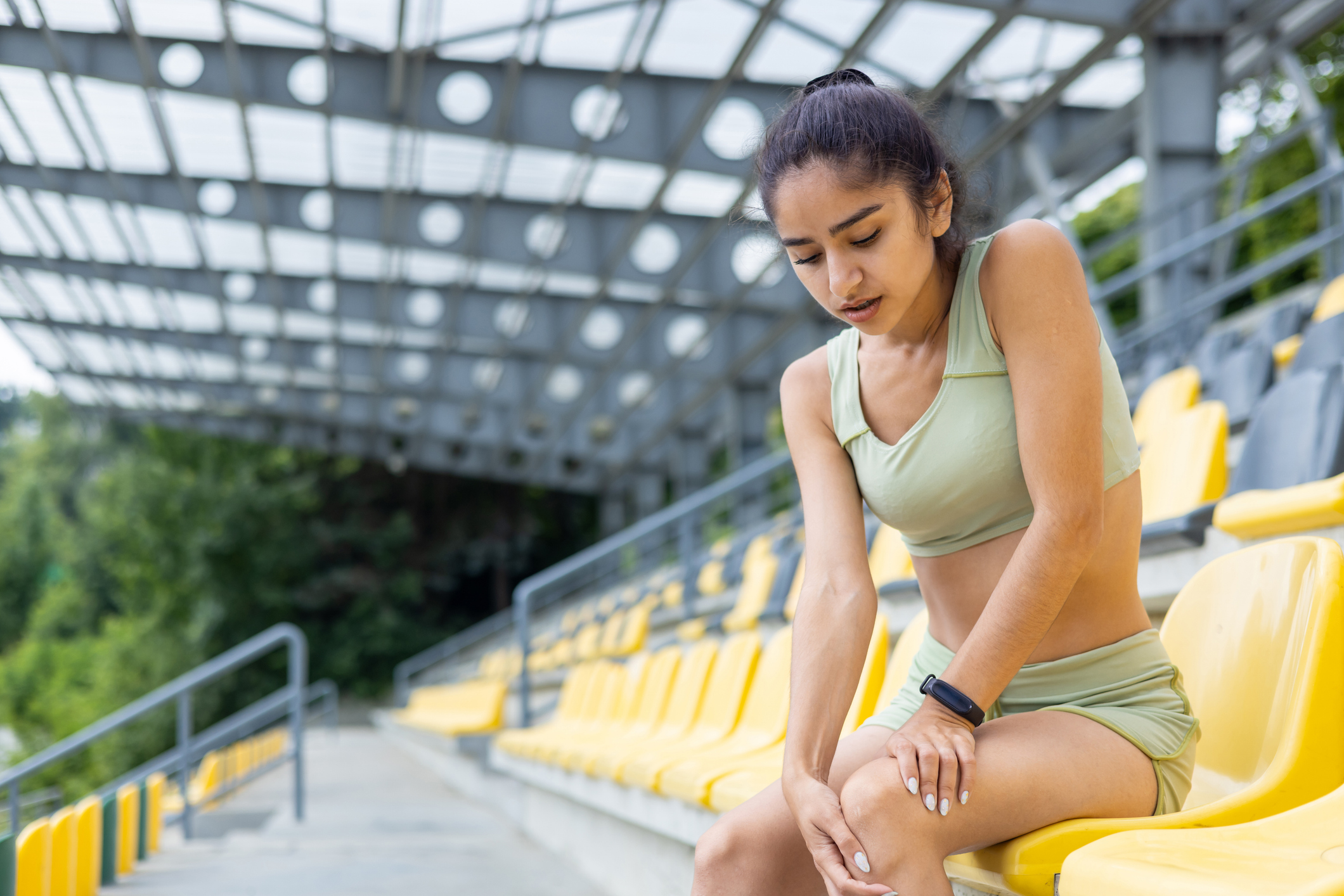Young athletes… I was one and as an orthopedic surgeon specializing in sports medicine, I treat a lot them. With an increase of sports participation in young adults, we have consequently seen an increase in sports injuries in these young athletes. Of those injuries, there seems to be a greater incidence of ACL tears. According to recent studies at UCLA Health, about a third of preteen and teen soccer players will sustain an ACL tear and girls are twice as likely to have an ACL injury as boys.
What is the ACL?
- ACL stands for ANTERIOR CRUCIATE LIGAMENT
- Anterior means that it attaches in the front part of the knee on the front part of the chin bone
- Cruciate means that it is a crossing-type ligament- it crosses over the knee.
- Ligament is a type of tissue that holds the joint together or connects bone to bone.
- The ACL is one of the major ligaments of the knee and stabilizes the knee during front-to-back motions.
Young adults who participate in high demand sports like soccer, football, and basketball are more likely to injure their ACL. Most commonly, ACL tears are the result of sports that require sudden stops or changes in direction, jumping and landing. Less common, but still possible, an ACL tear is the result of a direct impact to the knee, like a tackle or direct hit. Common symptoms associated with an ACL tear include:
- Sudden knee pain
- A “popping” in the knee at the time of the injury
- Limited knee movement
- A feeling of looseness or instability in the knee
Many young athletes may walk off the field unaware of the injury, only feeling mild weakness in the knee. Parents and coaches need to be on the lookout for knee swelling and dull, aching pain that is exacerbated by twisting motions in sports and noticeable when getting in and out of the car. If pain and swelling are present, it’s probably a good idea to consult with and orthopedic specialist sooner versus later.
Diagnosing an ACL tear will involve your orthopedist ordering an X-ray and completing a physical examination of the knee which will determine whether the ACL is loose or torn. Ligaments or cartilage cannot be viewed on an X-ray, so an MRI (magnetic resonance imaging) may be ordered. An MRI is the best way to confirm a torn ACL diagnosis and will give the physician a better view of the child’s growth plates and will be a better determinate of whether a surgical or nonsurgical approach is best.
Non-operative and operative options for managing the care and treatment of ACL tears in a young athletes is improving. The most important factor in treatment is to create a team approach to their care including the patient, orthopedist, parent(s) and coach(s). Before beginning any treatment, the patient’s swelling and inflammation must be controlled to ensure the best possible recovery. Although, the patient may not want to move, non-weight bearing motion is key to keeping fluid from accumulating on the knee. Additionally, icing the knee for 15-20 minutes, every one to two hours is highly recommended. Once swelling has subsided, a treatment plan can begin. Non-surgical treatment options include:
- Modifying sports and physical activity
- Physical therapy and rehabilitation exercises
- Use of knee brace
Young athletes may delay surgery for an ACL tear to allow bones to finish growing or to reduce the risk of damage to the growth platelets. There are new surgeries that do not disrupt the growth plate and can be performed safely without endangering the young patient’s growth. Following surgery, the patient will participate in physical therapy and rehabilitation exercises. Although return to sports varies, most young athletes can return to active play in 6-9 months.
With the recognition of the increase in ACL injuries in young athletes, several prevention programs have been developed. These programs include strengthening exercises, proper technique training, balance exercises, recognizing signs of fatigue, and allowing time for recovery in between seasons for yearlong athletes. Playing sports is a great way for our youth to maintain and accelerate their mental and physical wellbeing. Let’s keep them healthy, safe and playing!

Andrew Patton, MD is a fellowship trained orthopedic surgeon specializing in sports medicine at Orthopedic Specialists of Louisiana in Shreveport and Bossier City. To schedule an appointment with Dr. Patton, please call (866)759.9679 or visit: orthopedicspecialistsla.com


